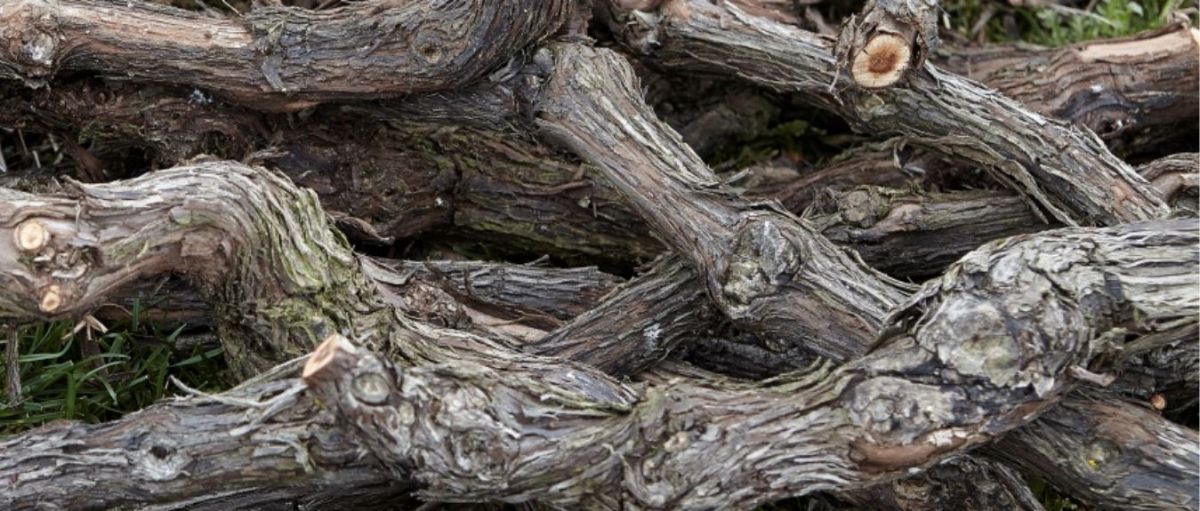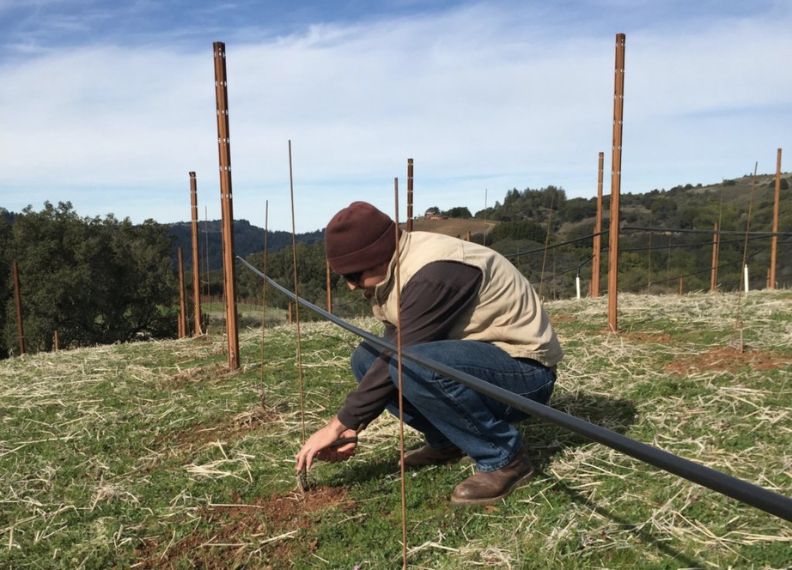Early Bird
Offer Ends
April 30, 2024
Judging
Date
July 22, 2024
Winners
Announcement
August 8, 2024

This traditional and artisanal approach to grapevine propagation is garnering renewed attention for its potential to preserve genetic diversity, enhance vineyard resilience, and produce wines with unique character. The rising popularity of massal selection in winegrowing deserves the attention of sommeliers, including its origins, the technical process itself, its benefits, and the great pursuit of exceptional wines.
Massal selection’s roots descend from centuries-old winemaking traditions. Unlike clonal selection, where new vines are propagated from a single parent vine, massal selection involves carefully selecting and propagating vines from a diverse group of healthy, high-quality, and genetically distinct parent plants within a vineyard or region. It saw a renaissance in the late twentieth century. A good example is Champagne producer Louis Roederer. When Jeannic Baudoin joined the champagne house in 1980, it was already being carried out in several of the house’s Ay parcels. It has tremendous potential. Baudoin says, "Louis Roederer is also opening up new possibilities by growing young vines without American rootstocks. Meaning grapevines from before the phylloxera catastrophe at the end of the 19th century. These vines will probably be struck by phylloxera one day, but until then it will be fascinating to see how they do and to taste a wine that hasn't existed for over a century and a half..."
The process begins by identifying superior vines that exhibit desirable traits such as disease resistance, flavor complexity, or suitability to the terroir. These selected vines, known as "mother vines," are pruned, and the cuttings are collected during the dormant season. These cuttings are then carefully grafted onto rootstocks, allowing for the preservation of the vine's genetic makeup.

Image: Pruning of Mother Vines
Massal selection offers several advantages that make it an appealing choice for forward-thinking winemakers. Firstly, it promotes genetic diversity within vineyards, which is crucial for the long-term health and resilience of vine populations. By maintaining a diverse gene pool, vineyards are better equipped to adapt to environmental challenges, such as climate change or emerging pests and diseases.
Furthermore, massal selection contributes to the preservation of traditional grape varieties and local terroir expression. By utilizing vines that have demonstrated their ability to thrive in a specific site, winemakers can craft wines that truly reflect the unique characteristics of their vineyard and region.
For sommeliers, the trend toward massal selection offers exciting opportunities. Wines produced from massal selection often exhibit greater complexity, as they are the result of vines with diverse genetic backgrounds. These wines can showcase a broader range of aromas, flavors, and textures, providing sommeliers with a wider palette of sensory experiences to share with their discerning customers.
Additionally, the use of massal selection can lead to the creation of more distinctive and individualistic wines. The unique genetic combinations resulting from the process can give rise to flavors and nuances that set the wines apart from those produced through clonal selection. For sommeliers seeking to curate memorable and diverse wine lists, wines crafted from massal selection can provide a compelling point of differentiation.
As winemakers and vineyard managers strive for sustainability, quality, and authenticity, the trend toward massal selection in winegrowing continues to gain traction. Through the careful selection and propagation of diverse vine material, this approach allows for the preservation of genetic diversity, the expression of terroir, and the production of wines with unique character.
For sommeliers, the increasing prominence of wines crafted from massal selection presents an exciting opportunity to explore and showcase wines that encapsulate the spirit of tradition and artisanal winemaking. The diversity, complexity, and individuality of these wines add depth and intrigue to wine lists, providing sommeliers with a compelling narrative to share with their clientele.
As the trend toward massal selection continues to flourish, sommeliers can actively engage with winemakers, vineyard managers, and consumers to champion the importance of genetic diversity and the unique expressions that arise from this age-old approach. By embracing massal selection, the wine industry.
[[relatedPurchasesItems-55]]
In addition to Roederer, several other winegrowers have invested in the technique:
These estate wineries serve as compelling examples of how massal selection is employed to preserve vineyard genetics, showcase the terroir, and produce wines of exceptional quality and distinction.
Header Image Source: Google